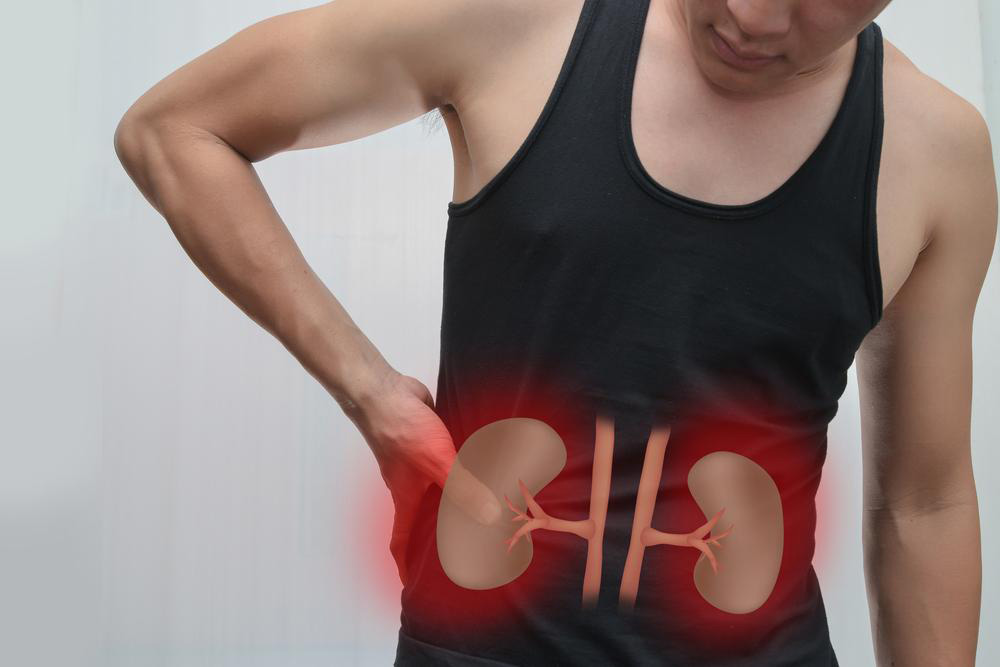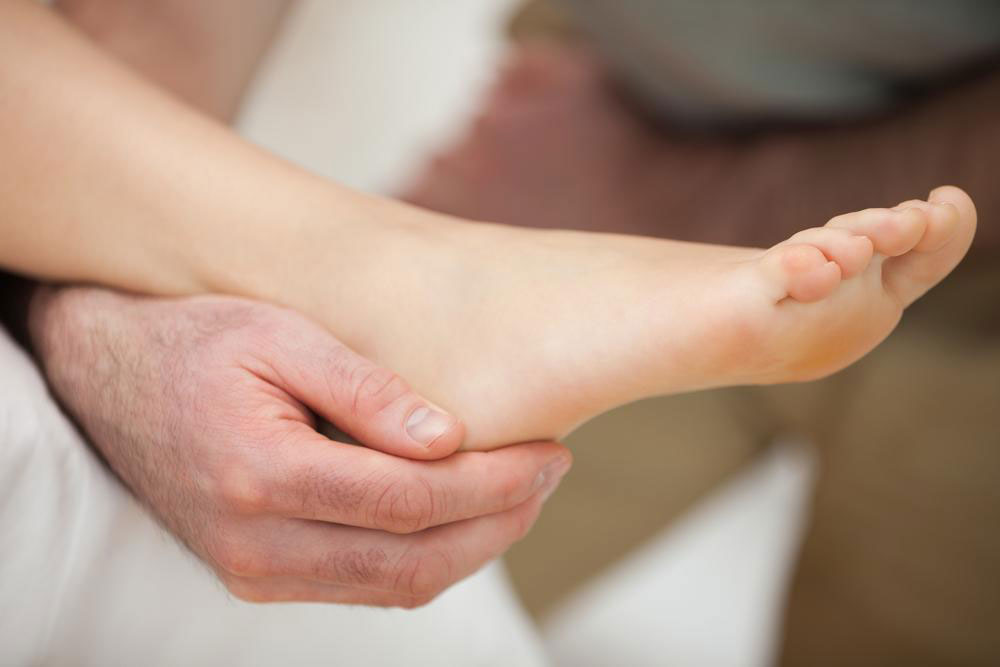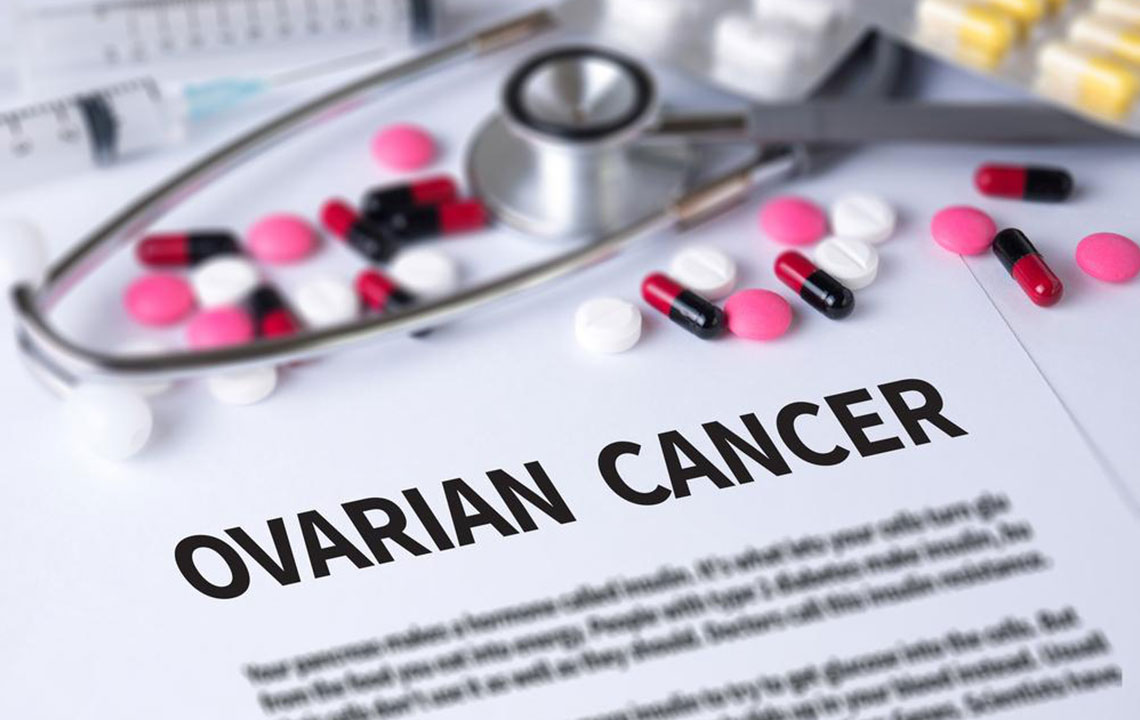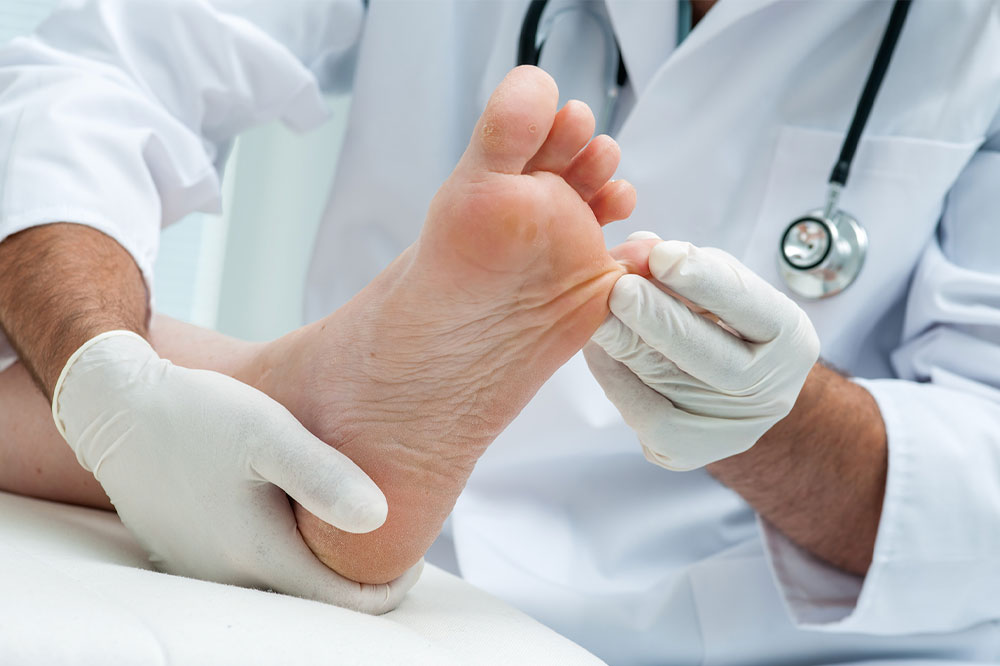Understanding How Kidney Issues Can Cause Lower Back Discomfort
Learn how kidney problems like infections and stones can cause lower back pain. Discover symptoms, causes, and effective treatments to distinguish kidney-related discomfort from typical backaches. Early diagnosis and proper management are essential for relief and preventing complications.
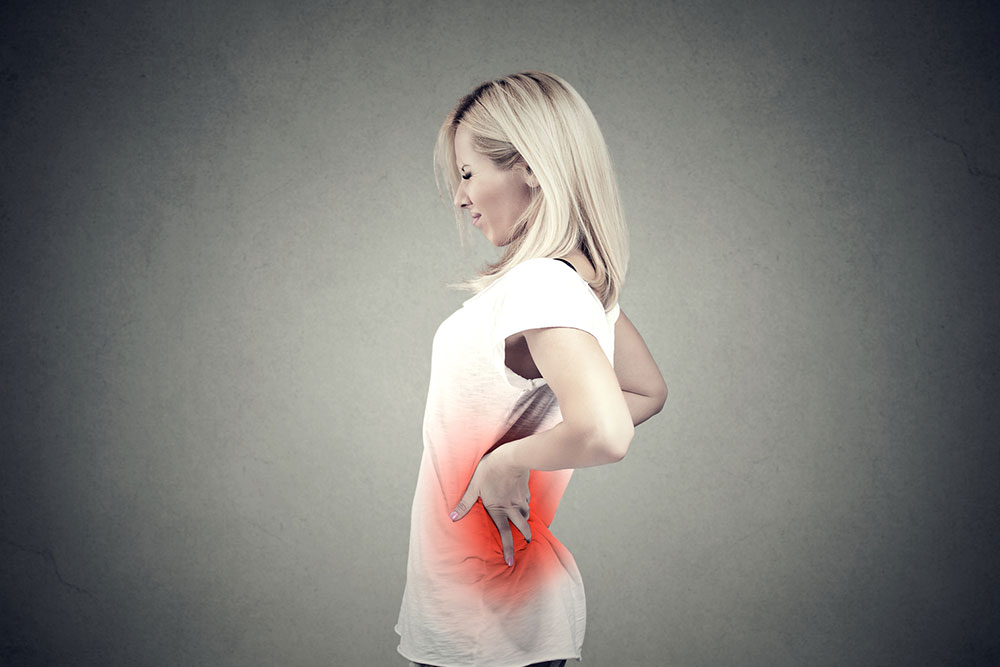
Understanding How Kidney Issues Can Cause Lower Back Discomfort
Lower back pain can stem from many causes, but could your kidneys be involved? Conditions like kidney infections or stones often cause pain localized in the lower back. Differentiating between common backaches and kidney-related pain is essential. Kidney pain typically presents as sharp, focused discomfort between the hips and ribs, often centered around the sides and below the rib cage, unlike generic back pain which tends to be more diffuse.
Distinct Features of Kidney Pain vs. Regular Back Pain
Kidney-related pain is usually sharp, localized, and affects specific spots in the lower back. In contrast, general back pain can spread from your neck down to your hips. Sudden, stabbing pain beneath the ribs or on the sides is often associated with kidney issues. Kidney pain may radiate to the lower abdomen and inner thighs, whereas typical back pain might extend to hips, thighs, calves, or feet.
Common Causes of Kidney-Related Back Discomfort
The primary causes include kidney stones and infections. Other possible reasons include renal infarction, kidney tumors, or glomerulonephritis. Kidney stones form from mineral crystallization, often due to dehydration, digestive issues like inflammatory bowel disease, or a family history. When stones shift into the ureters, they cause intense pain in the lower back. Kidney infections start in the bladder or urethra and can ascend, causing inflammation and localized pain. Women and individuals with weakened immune systems are more vulnerable.
Diagnosing the Underlying Cause
To identify the root of your lower back pain, healthcare providers may perform blood and urine tests. Imaging techniques like ultrasounds, X-rays, and CT scans help detect stones. Urinalysis can reveal bacteria, blood, or pus indicating infection. Blood tests further confirm bacterial presence or other abnormalities.
Symptoms Often Present with Kidney-Induced Back Pain
Localized pain usually affects one or both sides of the lower back and may spread to the groin or abdomen. Symptoms of infection include nausea, fever, fatigue, blood in urine, and chills. Pain from kidney stones may cause severe discomfort, difficulty urinating, and blood in the urine.
Effective Treatment and Relief Methods
Antibiotics are prescribed for kidney infections. Kidney stones might require minimally invasive or laser surgeries. To alleviate pain, heat packs and over-the-counter analgesics can be effective. Staying well-hydrated is critical to prevent further complications and promote healing.

